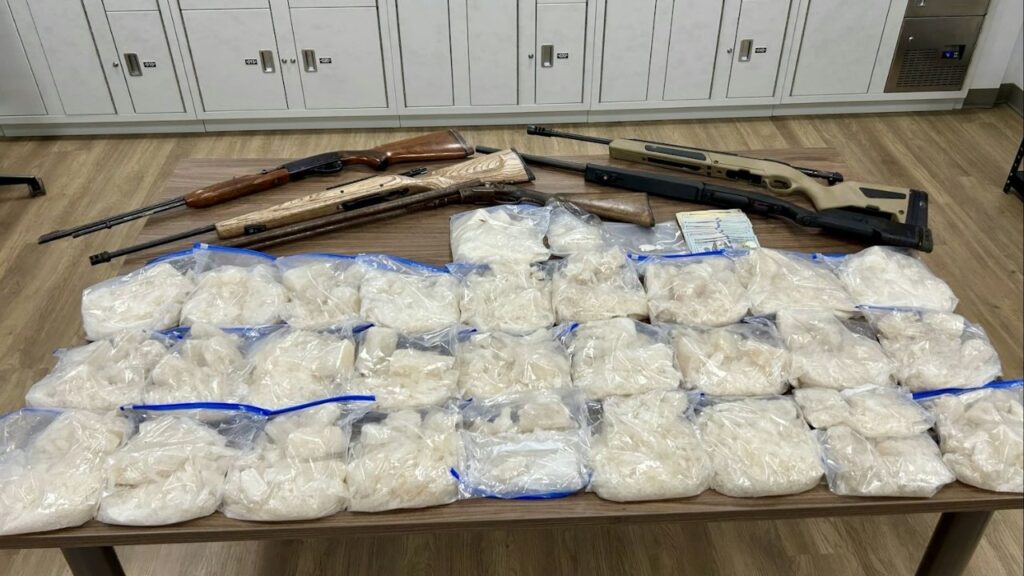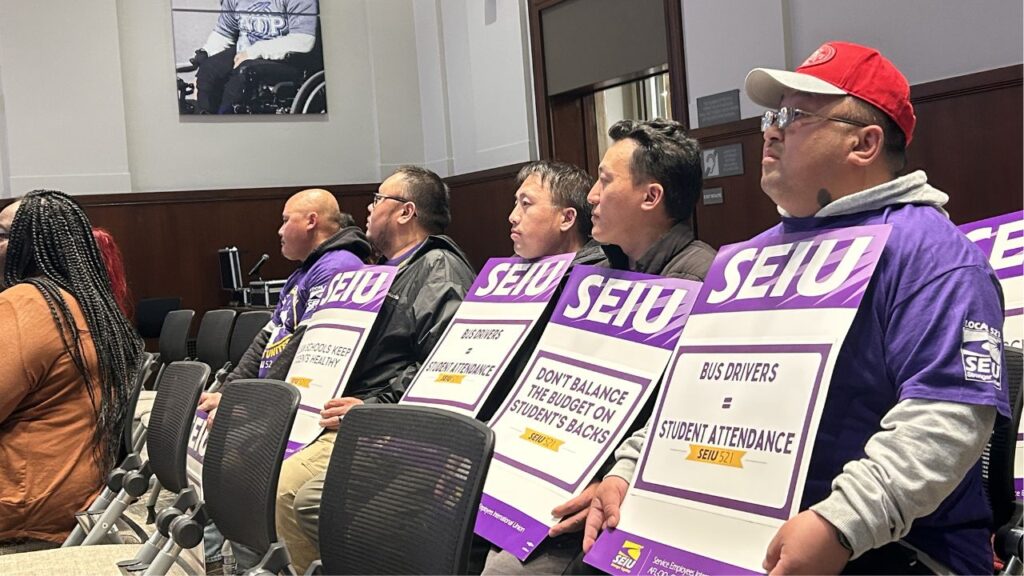Share
SAN FRANCISCO — A center for people experiencing methamphetamine-induced psychosis will open in San Francisco to help them get sober in a safe place, the latest effort to address the city’s rising drug overdoses and rampant street drug use.
Mayor London Breed said the 24-hour center will get high people off the streets and connect them with addiction treatment and other services. Each tent will have 15 beds.
“The reality is that drug use and overdoses are on the rise, and doing nothing is not an option,” Breed said in a statement. “The public drug use we see every day hurts those who are suffering from addiction as well as the surrounding communities.”
The spike in methamphetamine addiction in the city has been a main driver for crowding of the psychiatric emergency room at San Francisco General Hospital, overwhelming medical staff and sometimes resulting in patients being released back to the streets before they are deemed ready.
From 2017 to 2018, 47% of all visits to the psychiatric emergency room were related to methamphetamine use. Officials hope the center will relieve some of that pressure.

The Center May Eventually Accept Patients From Hospital Emergency Rooms
People with methamphetamine-induced psychosis often have paranoia, hallucinations and behave aggressively.
The center, aimed at helping people come down from drug highs, will be staffed by nurses and counselors who will give addicts advice about longer-term help like treatment beds, shelter beds and how they should take care of themselves mentally and physically.
HealthRight 360, one of the largest San Francisco drug treatment providers, will run it.
A driver with a van will be posted outside the center to pick up people showing signs of methamphetamine-induced psychosis.
Officials said the center may eventually accept patients from hospital emergency rooms, but will begin by accepting people only from the streets.
San Francisco is also among several cities in the country considering opening supervised injection sites to address drug addiction.
Advocates say injection sites have been successful in Canada, Europe and elsewhere and that when combined with on-site recovery resources, they can help prevent overdoses and help users.
But injection sites are illegal under U.S. federal law.
Categories

Is ChatGPT Down Again? Here Is What We Know


















